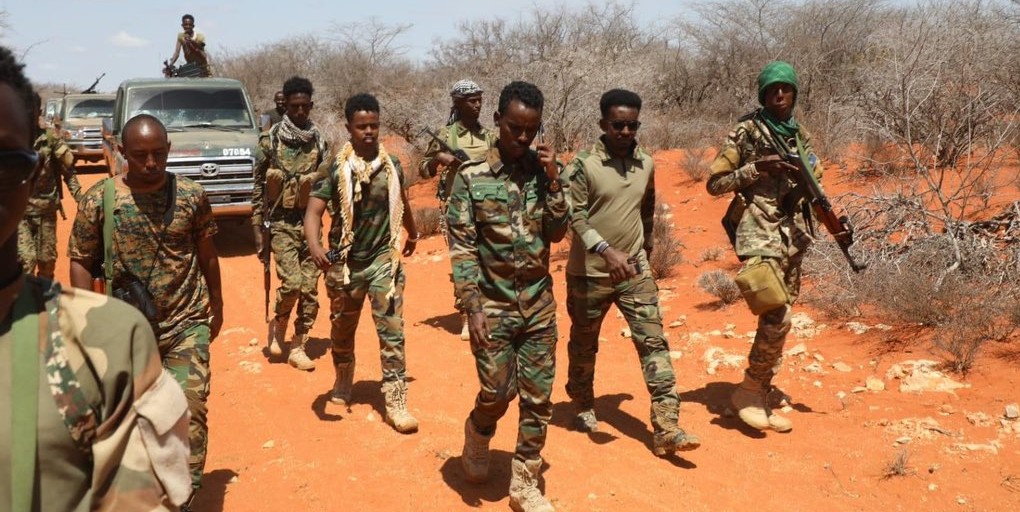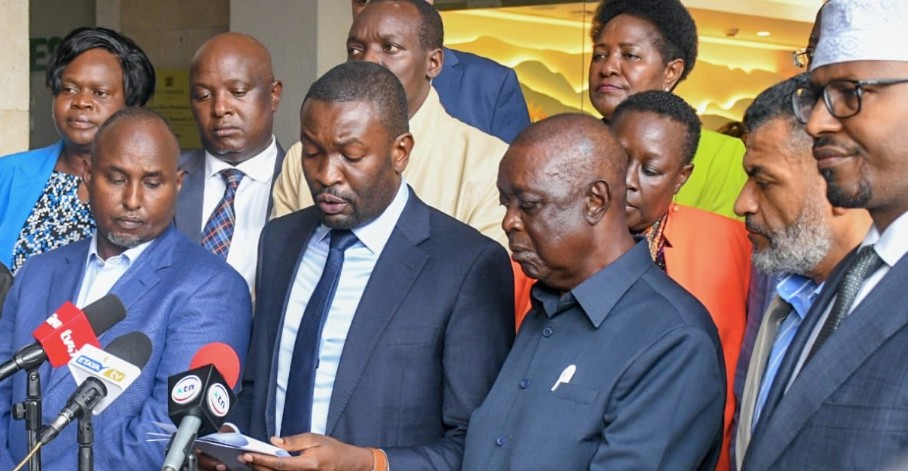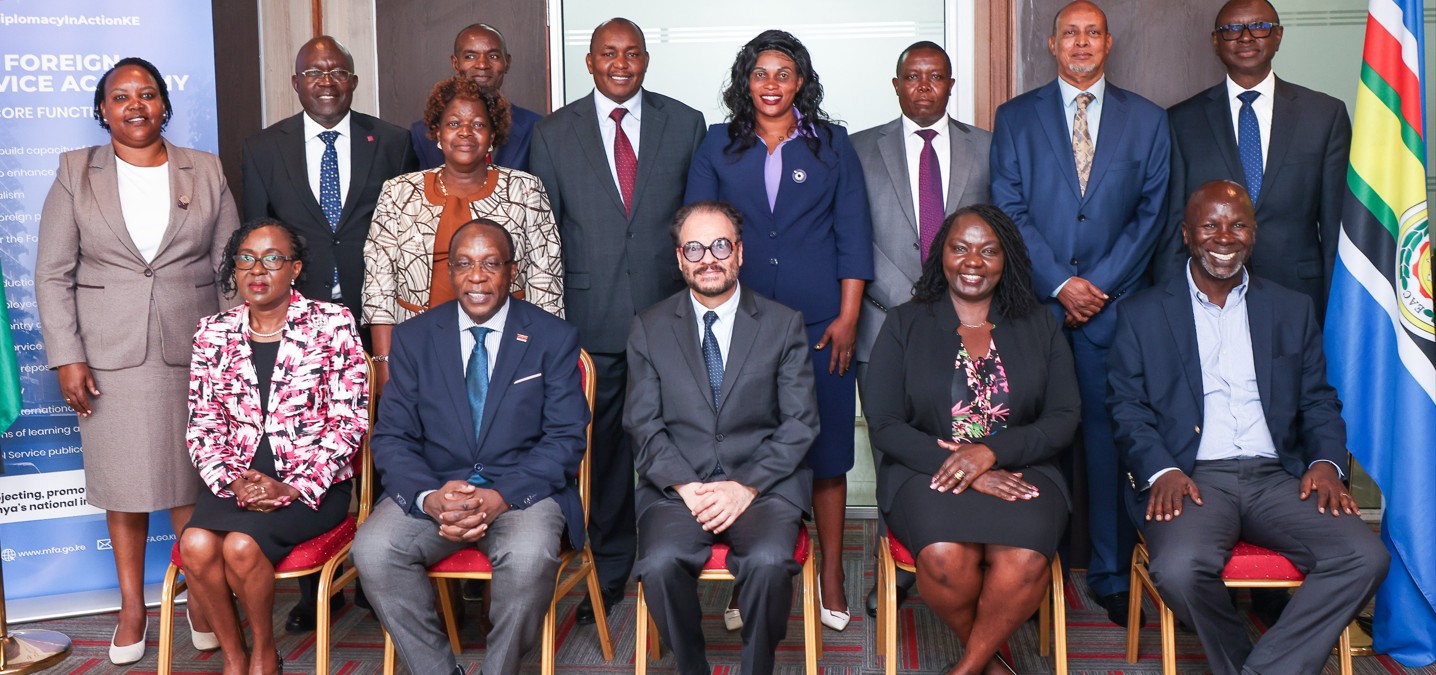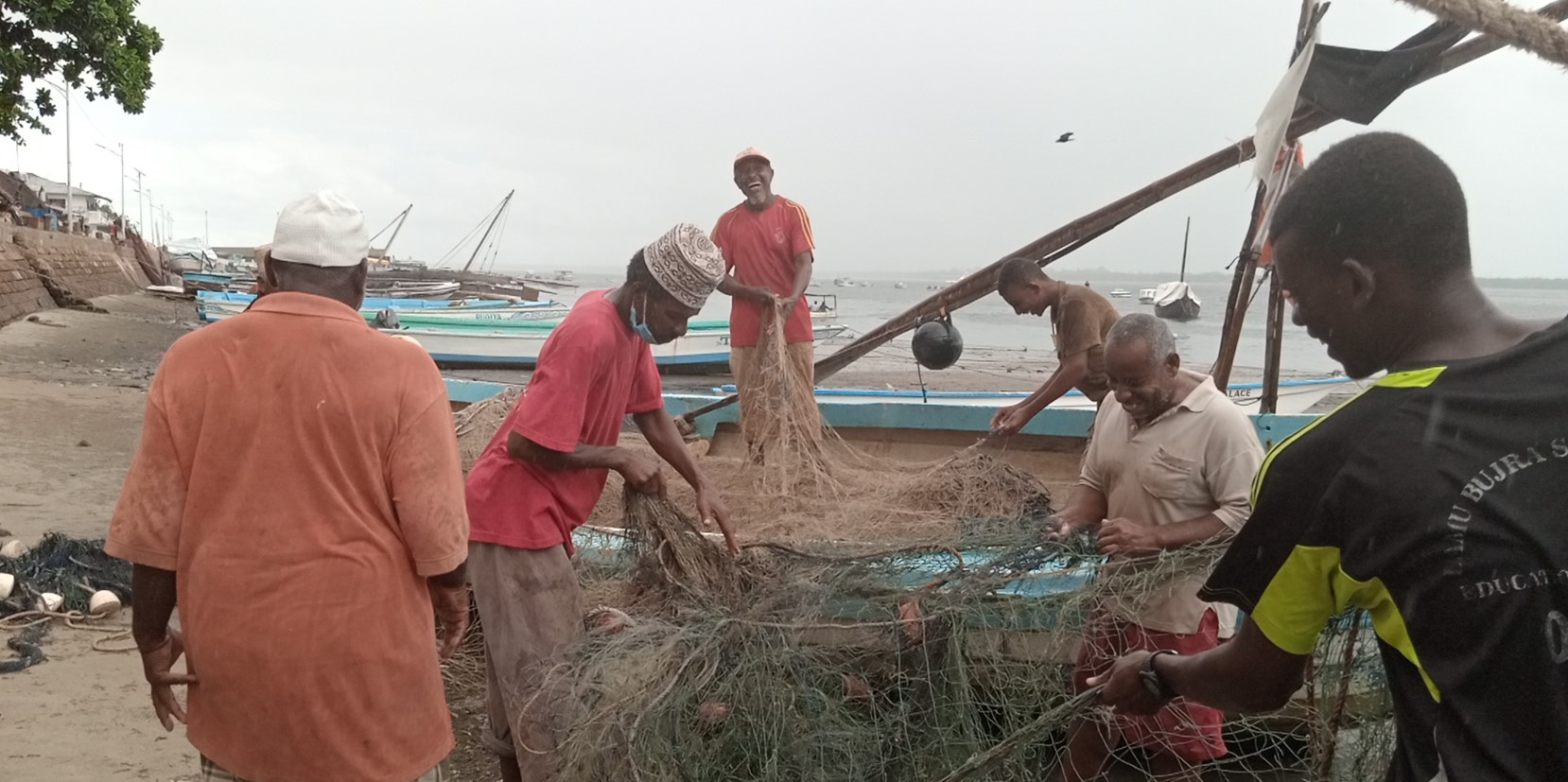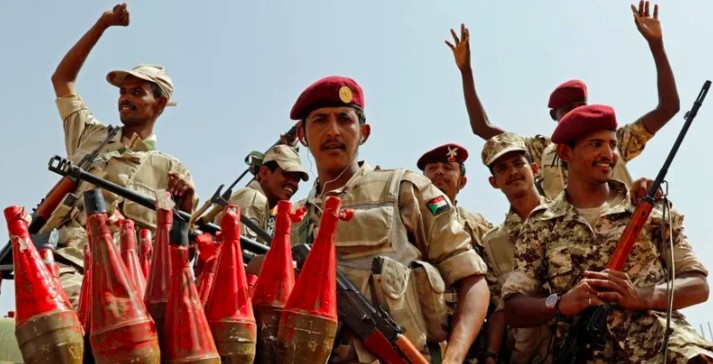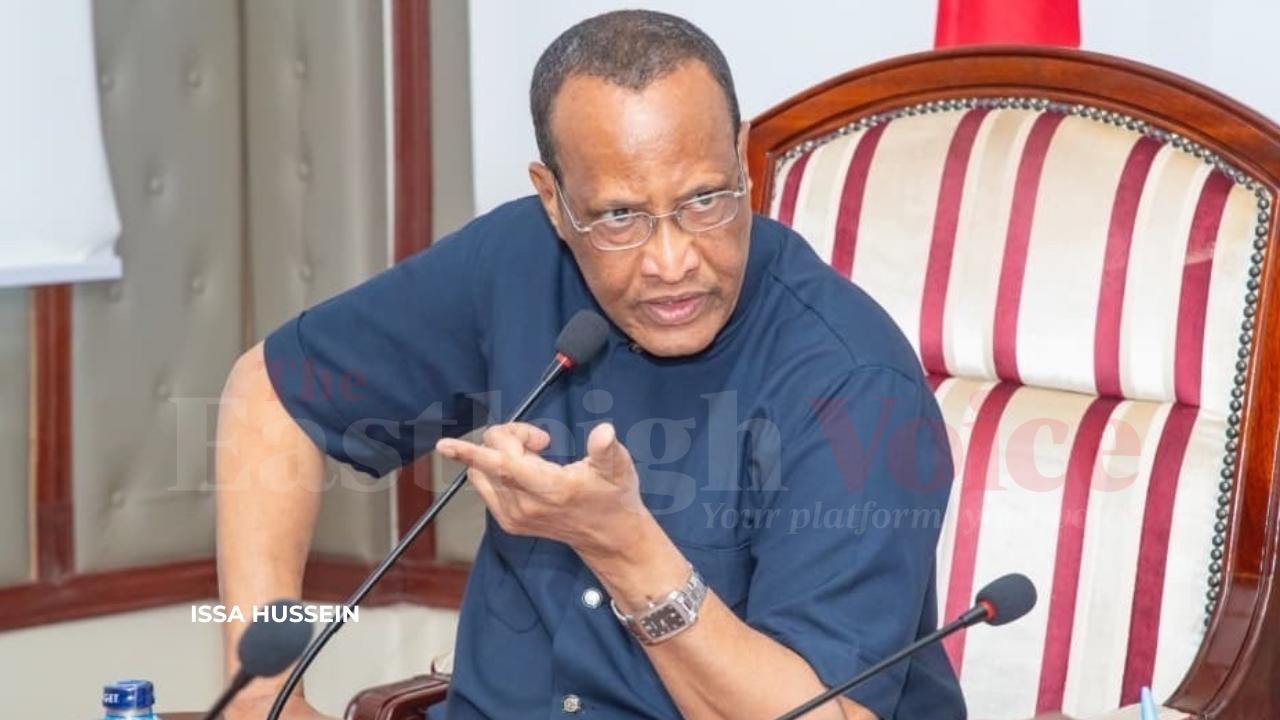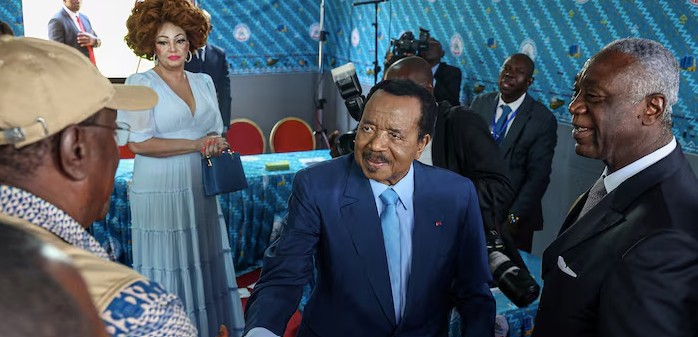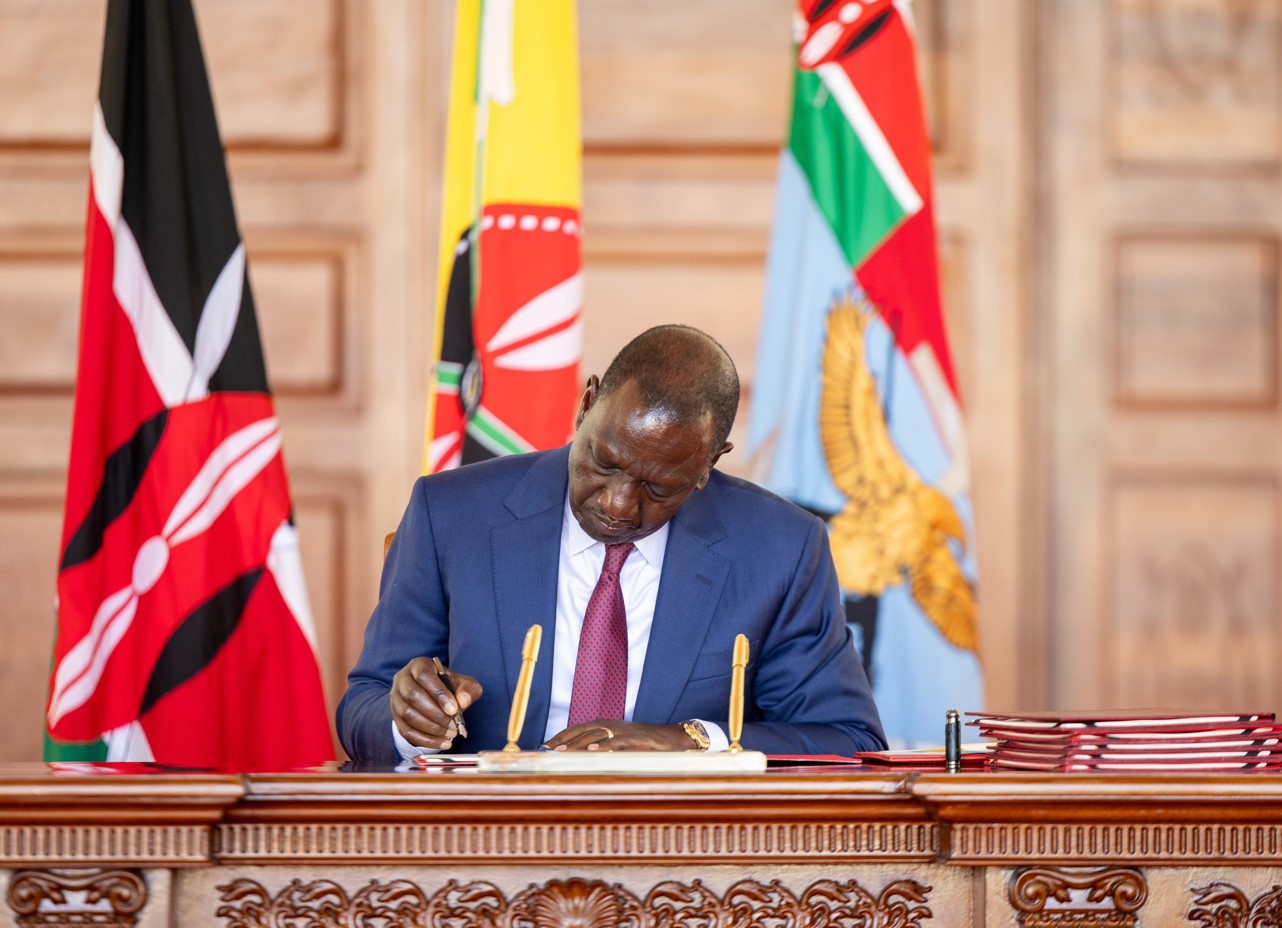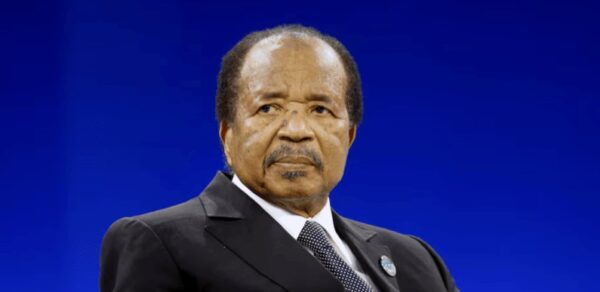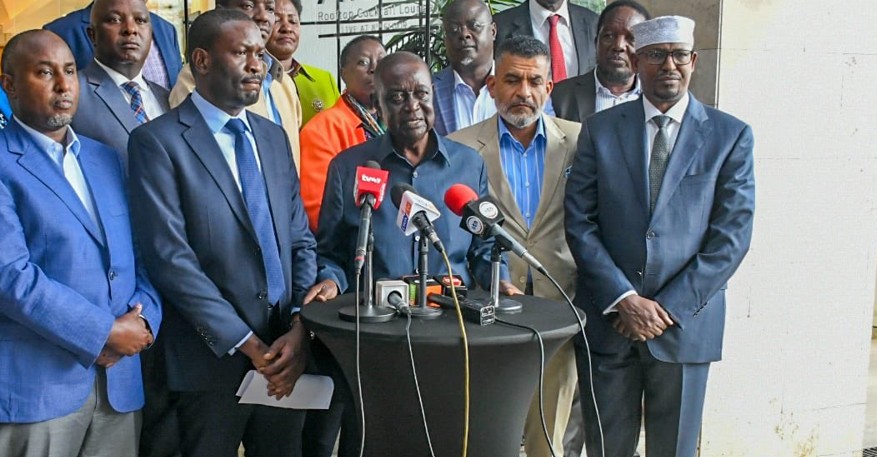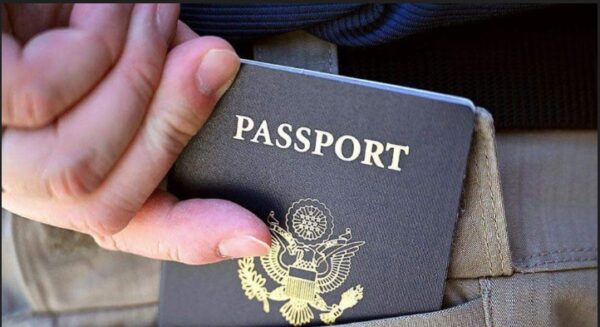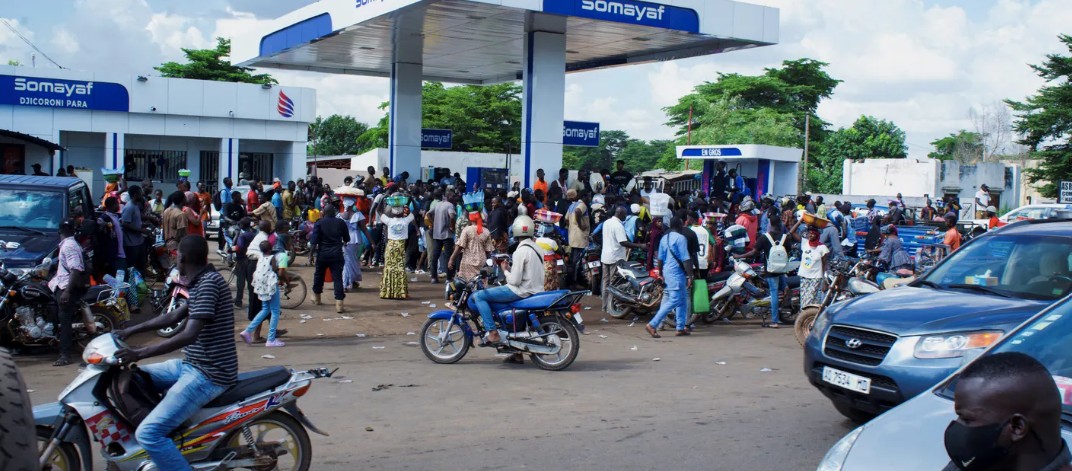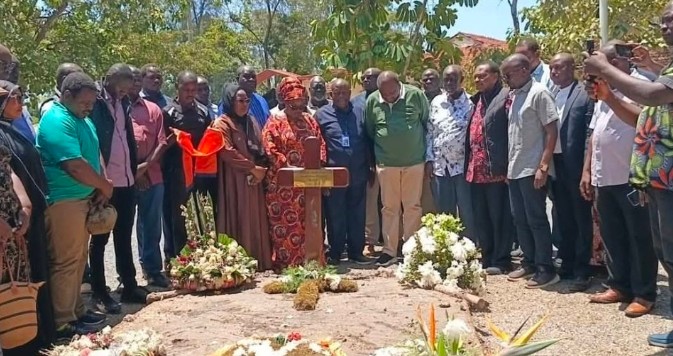IGAD boss Workneh Gebeyehu calls for collective action to alleviate suffering in Sudan
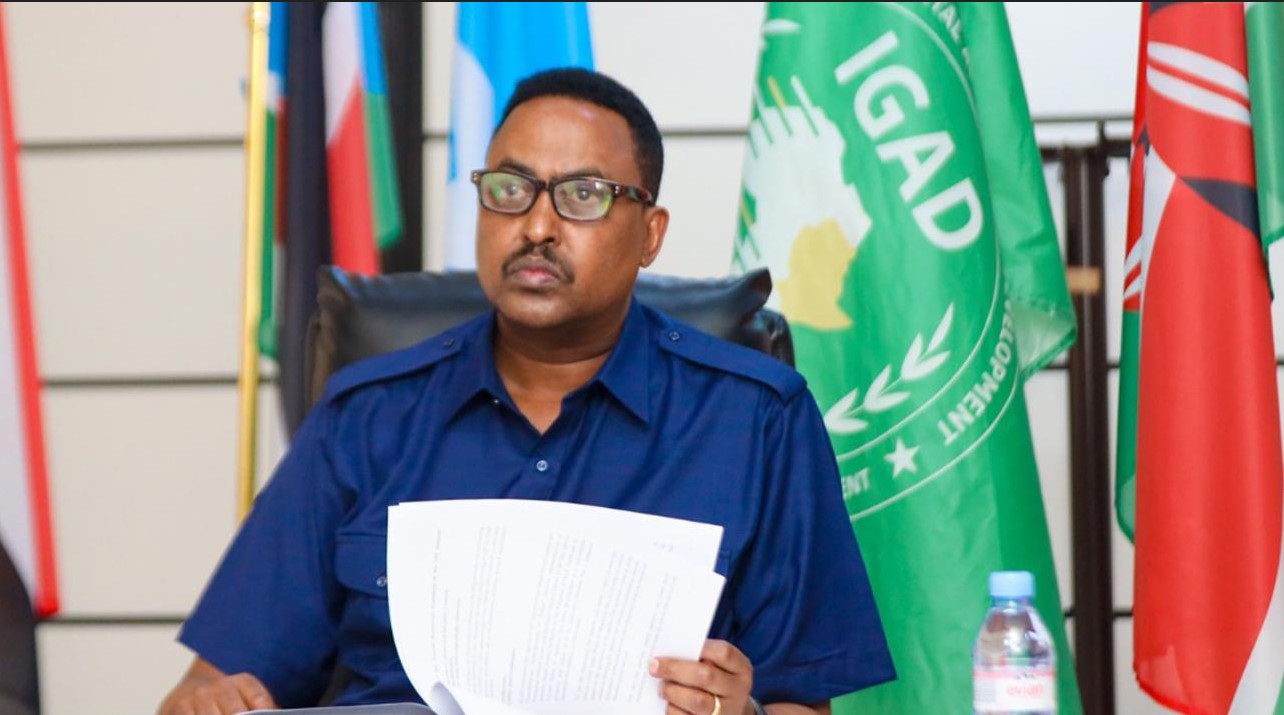
Workneh urged regional leaders, the international community, and the conflicting parties in Sudan to let wisdom prevail and restore peace.
While the world prepares to celebrate Christmas and welcome the New Year, Sudan remains engulfed in darkness.
The situation in Sudan, currently in conflict, has prompted the Executive Secretary of the Intergovernmental Authority on Development (IGAD), Dr Workneh Gebeyehu, to appeal to the international community to help bring peace to the nation that is at war.
More To Read
- UN sounds alarm as Sudan’s RSF claims El-Fasher army base, trapping 250,000 civilians
- RSF claims capture of Sudan army’s last base in North Darfur’s El Fasher
- Sudan war: Three children dying every day as hunger and diseases devastate besieged El Fasher
- Libya rescues 49 Sudanese migrants off western coast
- Guterres calls for urgent reform of the Security Council
- East Africa to simplify cross-border travel and work through IGAD single visa initiative
The conflict started On April 15, 2023, when intense confrontations broke out between the Sudanese Armed Forces (SAF) and the paramilitary Rapid Support Forces (RSF), leading to the displacement of over 11.5 million individuals, comprising internally displaced persons, asylum seekers, and refugees. This conflict intensified numerous pre-existing issues in Sudan, such as ongoing hostilities, disease outbreaks, economic and political turmoil, as well as climate-related emergencies.
"The people of Sudan are suffering as the world prepares to celebrate Christmas and New Year. A nation once hosting millions of refugees, rich in cultural heritage, wisdom and the most generous people of Sudan has continued to live under conflict, hunger, and displacement,” Workneh said.
He urged regional leaders, the international community, and the conflicting parties in Sudan to let wisdom prevail and restore peace.
Collective action
He emphasised the urgent need for collective action and solidarity to alleviate the suffering of the Sudanese people and help them rebuild their lives and their nation.
Workneh insisted that the current state of conflict and instability in Sudan cannot be allowed to continue.
"Let wisdom prevail and peace be restored," he said, underscoring the stark contrast between the festive spirit and the grim reality faced by many in Sudan.
The situation in Sudan is complex and multifaceted, involving historical, political, and social dimensions that have perpetuated the cycle of violence and displacement.
The new humanitarian chief of the UN, Tom Fletcher, described the situation in Sudan as an "invisible crisis". He underscored the urgent need to assist 25 million Sudanese, more than half of the country's population.
On November 27, 2024, Fletcher told the BBC that the crisis in Sudan is very much visible to the UN and the humanitarians on the front lines.
While some of the displaced Sudanese people find refuge in camps, the majority are taking shelter with families in the country's major cities.
This conflict is now regarded as the most severe humanitarian crisis globally.
Women and children are particularly vulnerable, facing the threats of malnutrition and violence.
Top Stories Today
